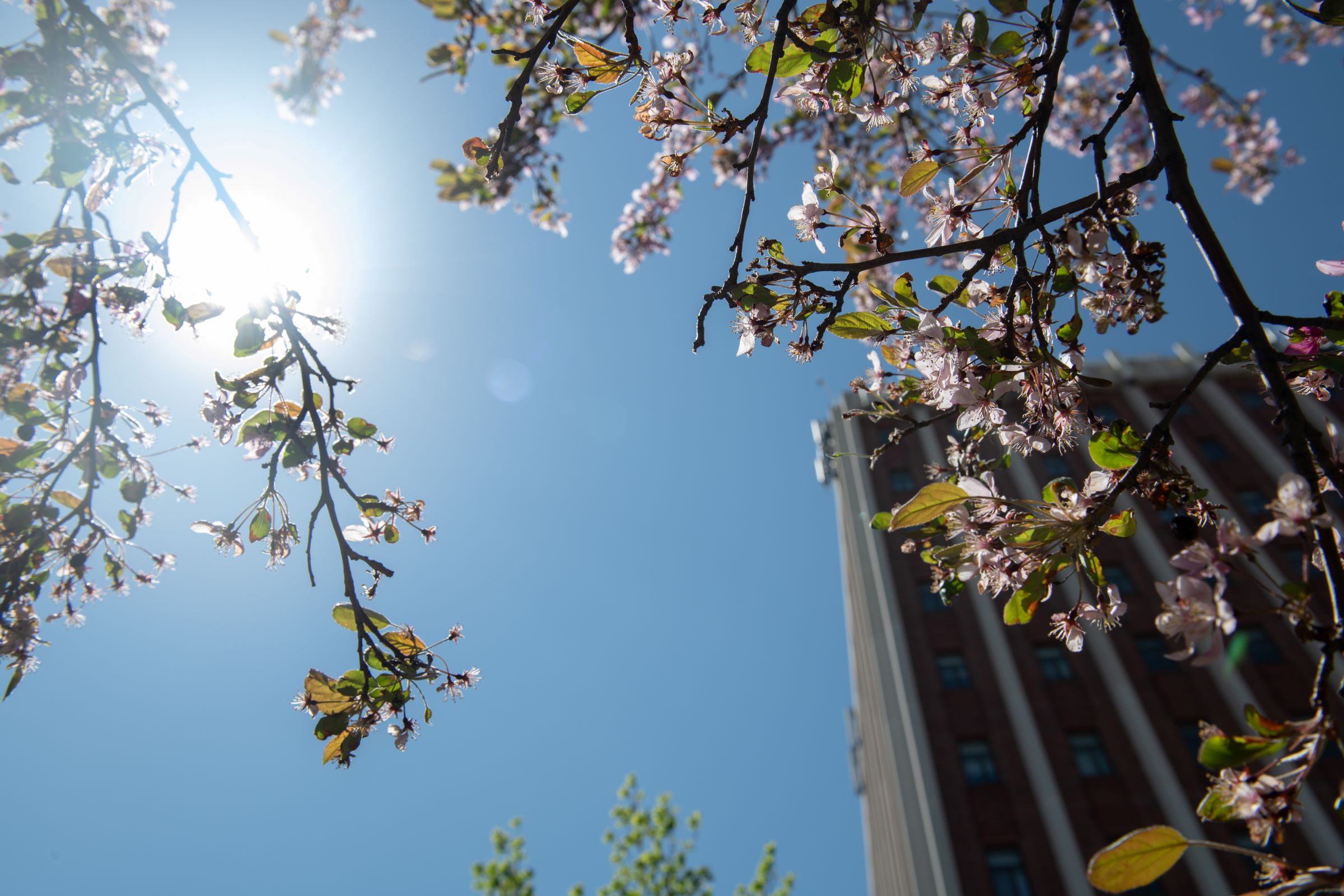Content
In the College of Arts and Sciences, our passion drives discovery and creative activity. Our research and teaching engage multiple disciplines, foster many different ways of perceiving our surroundings, and pursue multiple paths for exploring the world.
We push ourselves and our students to think deeply and broadly—to integrate ideas from the humanities, social sciences, and natural sciences—in ways that lead to innovation and prepare us for the challenges that tomorrow will bring. We celebrate and value the variety of people, cultures, and ideas in Nebraska and throughout our interdependent world.

Through imagination, innovation, and collaboration we transform lives and improve our world.
Set up for success with a liberal arts degree
Skills employers want that go with you anywhere
A liberal arts degree empowers you for dealing with complexity, variety, and change. Gain a broad knowledge of the world and deep knowledge in specific areas and apply your knowledge and skills in real-world settings.
- Employers like liberal arts graduates because they have the skills necessary to adapt in a changing workplace.
- Your degree remains valuable as your interests and experience—and the job market—change.
- Liberal arts graduates understand problems, generate solutions, and communicate them.
- An undergraduate liberal arts background prepares you for a range of graduate studies.
No matter where you go or what you do, a liberal arts education is for life. Adapt and thrive in an ever-changing world.
Our Areas
Our Areas
- Actuarial Science
- African American and African Studies
- Asian Studies
- Behlen Observatory
- Biochemistry
- Biological Sciences
- Biotechnology
- Brain, Biology, and Behavior
- Bureau of Sociological Research
- Cedar Point Biological Station
- Chemistry
- Children, Families and the Law
- Classics and Religious Studies
- Communication Studies
- Computer Science and Management
- Digital Research in the Humanities
- Earth and Atmospheric Sciences
- Economics
- English
- Environmental Studies
- Ethnic Studies
- Film Studies
- Global Integrative Studies
- Great Plains Studies
- History
- Human Rights and Humanitarian Affairs
- Humanities in Medicine
- Intensive English
- Judaic Studies
- Latinx and Latin American Studies
- Law/Psychology
- Mass Spectrometry
- Materials and Nanoscience
- Materials Research Science and Engineering Center
- Mathematics
- Medieval and Renaissance Studies
- Modern Languages and Literatures
- Indigenous Studies
- Nineteenth Century Studies
- Philosophy
- Physics and Astronomy
- Plant Science Innovation
- Political Science
- Prairie Schooner
- Psychological Consultation Center
- Psychology
- Science, Mathematics, and Computer Education
- Sociology
- Virology
- Women's and Gender Studies
Lincoln Is For Everyone

Whatever kind of person you are—adventurous, foodie, kid at heart—you'll find what you're looking for in Lincoln.
All Are Welcome
The college's IDEA Committee works with the university to ensure the equal right of every member of our community—students, staff, and faculty—to be included, supported, and heard.

Give Back For Today's Students
Your gift has the potential to affect many areas of a College of Arts and Sciences education. From funding scholarships and professorships to providing support for programs or projects, you can contribute to the curiosity of our students.


